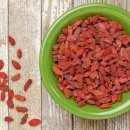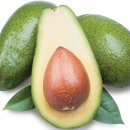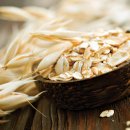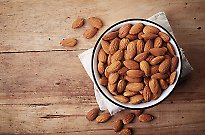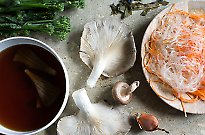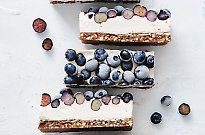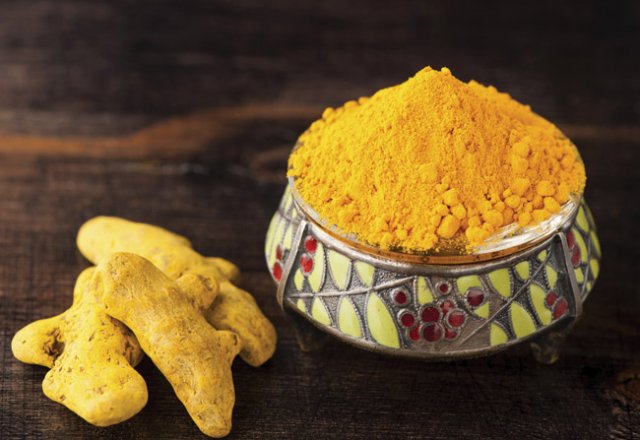
Turmeric: a super spice
Turmeric: a super spice

Not only is it delicious, this tasty seasoning packs a medicinal punch. Turmeric has long been used to relieve everything from depression to ringworm, but unfortunately the available scientific evidence doesn’t always support the ancient wisdom.
Background
Turmeric has been used in traditional Ayurvedic medicine throughout history. It is considered a cleansing herb for the entire body, especially the liver, where toxins are held. It is often used to support digestion and to treat infection, headaches, inflammation and fever. With a slightly bitter taste, it blends very well with other spices and even sweet dishes.
The turmeric plant, which grows five to six feet tall, is found in the tropical regions throughout Southern Asia. Its fingerlike stalks contain the spice’s healing agents, although the root is also used in traditional Indian recipes. Curcumin, the active compound in turmeric, is responsible for it’s bright colour and is behind a whole host of the health benefits that can be attributed to the spice. Unfortunately, curcumin is poorly absorbed into the bloodstream. When paired with black pepper, however, the bioavailability of curcumin is significantly increased, with some studies reporting that it is more than a thousand times more potent.
Most studies on the herb use turmeric extracts that contain mostly curcumin itself. These supplements generally contain dosages usually exceeding one gram per day. While including the spice in your diet is a great start, the most notable benefits would come with curcumin supplementation.
Benefits
Turmeric acts as a natural anti-inflammatory. It has been found to be so potent that it matches the effectiveness of some anti-inflammatory drugs. As such, several studies have demonstrated its assistance in those suffering from arthritis.
Turmeric dramatically increases the antioxidant capacity of the body. Curcumin happens to be a powerful antioxidant that neutralises free radicals that exist in the body. It also works to stimulate the body’s own antioxidant enzymes.
Studies show that curcumin has an incredible impact on depression. A study in 60 depressed patients showed that curcumin was as effective as Prozac in alleviating the symptoms of depression.
Adding turmeric to the diet can also help support a healthy liver function. The University of Maryland Medical Center found that curcumin stimulates production of bile by the gallbladder, which in turn is used to eliminate toxins. The bile also rejuvenates liver cells that break down harmful compounds.
Turmeric can improve and ease digestive issues. In a 1989 study, supplements made from the turmeric plant were found to be more effective at curbing heartburn and indigestion symptoms than a placebo, most likely related to the plant’s known powers to fight inflammation.
Studies have shown that the curcumin in turmeric can assist in cancer prevention and treatment, and can reduce the growth of new blood vessels in tumours. It has also shown to inhibit the spread of cancer (metastasis), as well as contributing to the death of cancerous cells.
The simplest way to add turmeric into your diet is to use it raw, grated into salads and salad dressing, or steeped with a little hot water and honey for a refreshing tea. You can also use it in its powdered form in stir-frys, rice dishes, curries or soups. You can even blend it into your next vegie juice or smoothie. Find turmeric in the spice isle of your local grocery store, or look out for fresh turmeric in the grocery section.
Disclaimer: Supplements made from turmeric can interact with other medications. Turmeric may slow blood clotting, so is not recommended for people taking anticoagulants. As always, it’s a good idea to talk to your doctor before commencing any dietary supplementation.
Written by Sally O'Neil
NEXT: browse more food and diet advice or check out our recipe section




